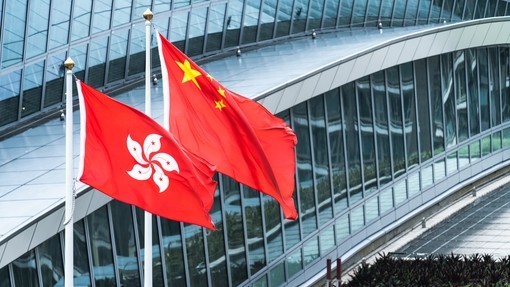No force majeure clause: what is the position?

Details
With unprecedented steps currently being taken by the UK government relating to the coronavirus crisis, we are seeing an increase in queries from businesses asking for our advice on how they should deal with the various issues that may arise operationally, including contracts being cancelled, difficulties with performance and non-payment of sums due. Following on from our previous article our commercial litigation team has put together some practical guidance for those businesses which do not have force majeure clauses in their contracts.
While a force majeure clause is a common boilerplate clause to find in many contracts, it is certainly not something that is found in all. If no force majeure clause exists, then the doctrine of frustration may apply where unforeseen events happen and it is important for all businesses to understand how the concept works and when it is appropriate to use it. Contracting parties may seek to rely on frustration to remove themselves from existing onerous contractual arrangements and to reduce their financial exposure. All businesses should be considering the effect the current COVID-19 outbreak may have on their contracts or indeed whether it will provide them with an opportunity to exit a contract without penalty on the grounds of frustration.
What is frustration?
The doctrine of frustration allows a contract to be discharged in circumstances where an unforeseen event arises that renders the performance of the contract impossible. The purpose of the doctrine is to avoid significant injustice where there has been a significant change in circumstances and neither party is at fault. It is clear that the present coronavirus outbreak and subsequent government guidance and legislation could mean that the doctrine applies to certain contracts.
When will a contract be frustrated?
To establish frustration, it is important to bear in mind that the unforeseen event must go to the very root of the contract and render performance impossible (or performance that is essentially different from that originally contemplated) and that neither party is at fault. In addition, where a frustrating event occurs, the contract is automatically terminated by operation of law without requiring any action of the parties.
While generally a very high threshold is required to establish frustration, in current circumstances where a lockdown across the UK is implemented the doctrine of frustration may well apply to many contracts.
Whether a contract will be frustrated, depends upon all relevant factors being looked at, including the contractual terms and the factual background – say for example, in a supply contract, the issue of minimum stock levels was dealt with. If there were a failure by a supplier to maintain the minimum stock levels before the present coronavirus outbreak then it may be more difficult to argue frustration, any customer affected would simply have a claim for breach of contract. Whether the current coronavirus outbreak has the effect of making the performance of a contract impossible is fact specific. What is clear is that if the effect of the current outbreak is to simply delay performance of an obligation or to result in increased costs for the performing party, it will not be enough.
What is the effect of frustration?
Under English law both parties are automatically discharged from further performance. If frustration applies, the consequences are set out in the Law Reform (Frustrated Contracts) Act 1943, which sets out the recovery of monies paid and compensation for any valuable benefit provided before the frustrating event.
It is not always commercially sensible to claim frustration of a contract – for example, where the contract is for a very long term and contains provisions that are not rendered impossible by the temporary effects of the current outbreak.
An additional point to bear in mind is where frustration is called incorrectly, your opposing contracting party may claim anticipatory or repudiatory breach that could lead to the termination of the contract and exposure to a claim for damages. Careful consideration and advice is required before frustration should be alleged.
Collaborate not litigate
For most contracts the best outcome for all parties will be the resumption of performance as soon as possible, collaboration and negotiation rather than litigation, may well be the preferred way forward. Contracts may need tweaked and even renegotiated to reflect the current situation but parties taking a sensible and collaborative approach is most likely to produce a win-win situation.
Hill Dickinson is advising clients on various issues related to the coronavirus. Our dispute resolution, commercial, commodities, and health teams can advise you on the application of frustration to your existing contracts. We can also provide sensible, pragmatic advice to ensure long-term valuable commercial partnerships are not irreparably damaged by disputes or non-performance of contracts over the coming weeks and months. For more information, please contact Fiona Parry and Iain Campbell.
For further updates and other articles discussing the impact of the coronavirus please view our coronavirus hub.





